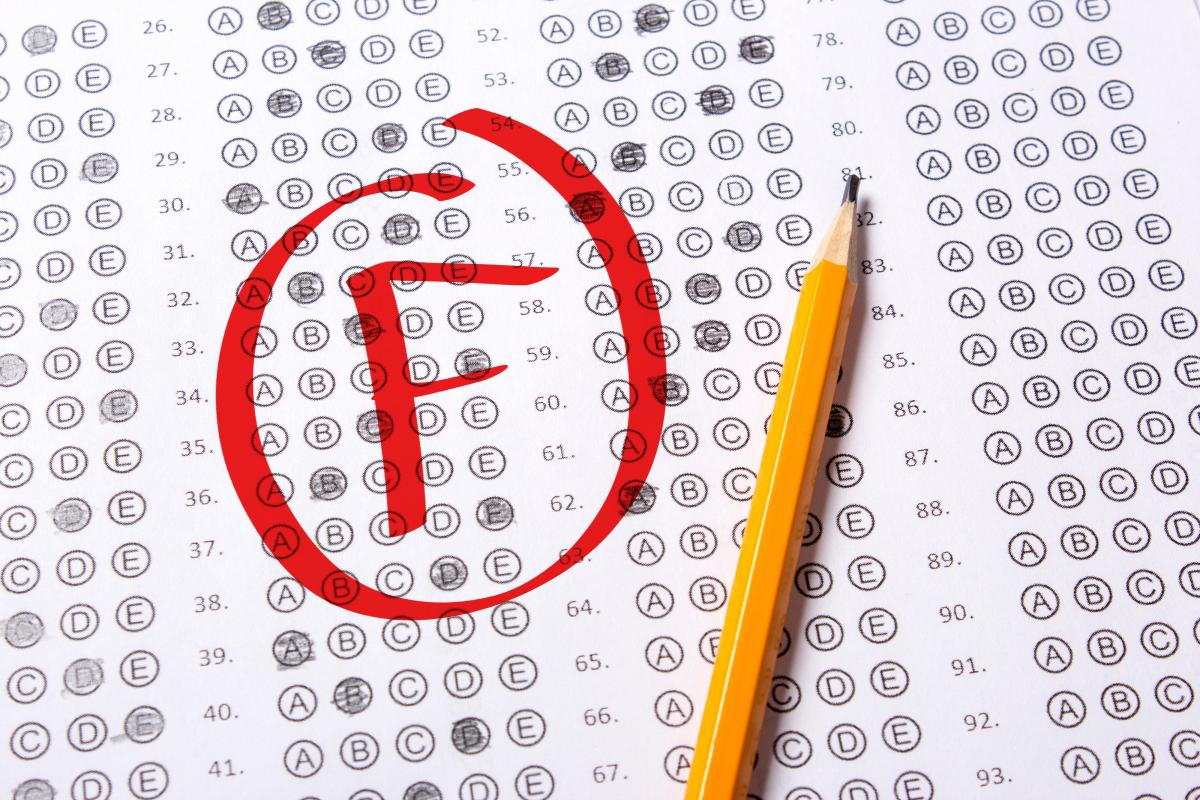If the results of a recent retirement income quiz are any indication, there’s work to be done.
Older Americans scored just 31% on the 2023 Retirement Income Literacy Study from the American College of Financial Services, which found a “direct relationship” between financial literacy and asset levels—test takers with more than $1.5 million scored twice as high as those with less than $100,000.
The study also found that advisors play an “essential role” in educating clients, as those with an advisor scored higher. 
The study comes as an interest in in-plan retirement income products is rising, at least within the industry. Increasing longevity, the demise of defined benefit pension plans, and sequence of returns risk have combined to force the need for a guaranteed income stream within retirement portfolios.
“In the U.S., with the exception of Social Security and the comparatively small number of workers with guaranteed pensions, saving for retirement is voluntary,” Steve Parrish, Co-Director of the Center for Retirement Income at The American College of Financial Services, said in a statement. “This requires the consumer to know how much to save, where to save it, and how much to drawdown at retirement.”
This necessitates an understanding of basic concepts about investing, taxes, insurance, and finances.
“To measure how prepared Americans are for retirement, an important consideration is how knowledgeable consumers are about retirement," he added. "Call it ‘literacy,’ ‘aptitude,’ or ‘competence,’ do Americans know enough to take on the burdens that come with the freedom of voluntarily saving for retirement?”
The study focused on those aged 50 to 75, a period where issues such as how best to withdraw income from assets come into play and how to manage finances in retirement is critical.
One of the more eye-popping results was how well respondents rated their retirement income knowledge compared with actual scores.
“Among those who didn’t rate themselves very highly in terms of retirement knowledge, a whopping 73% had less than $100,000 saved up for retirement,” Eric Ludwig, the center’s director, said. “Compare that to the group at the other end of the spectrum—those who felt confident about their retirement smarts. 81% of this group had savings above $100,000,”
Although overall and underlying scores were low across the board, respondents showed significantly greater knowledge of certain areas concerning inflation, housing, and Medicare.
The study also explored longevity, and respondents consistently underestimated life expectancy and were unaware of how long individuals tend to live, with just over one in five (22%) expecting to live past 89 and just over one in four (27%) able to correctly identify the average life expectancy of a man at age 65.
“This is particularly concerning because so many Americans plan to supplement their Social Security with their 401(k) and IRA accounts,” the college said. “If they underestimate their own life expectancy, they risk exhausting their savings in retirement—potentially outliving their assets.”
Retirement planning knowledge was “highly variable” across different parts of society. Generally, more assets, higher education, male gender, white or “other” race, and greater life experience (including age and retirement status) correlated to higher scores.
Notably, participants with ongoing advisory relationships scored 11 points higher on retirement income literacy than those without (38% vs 27%).

